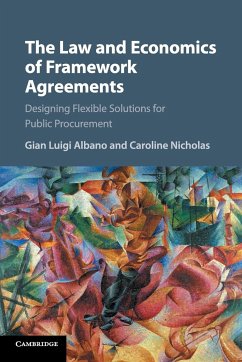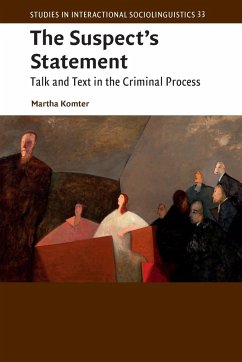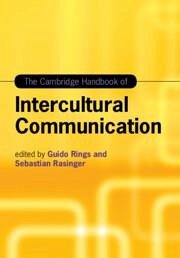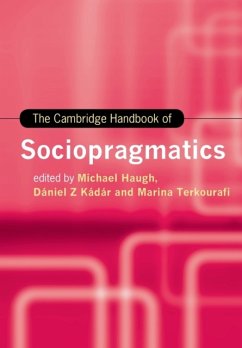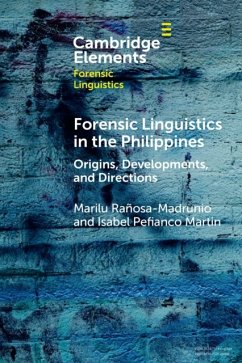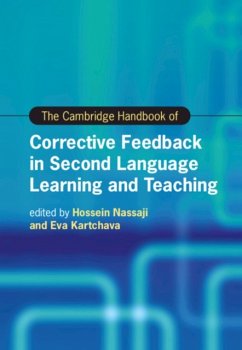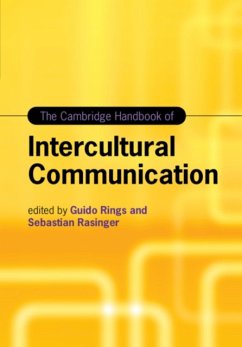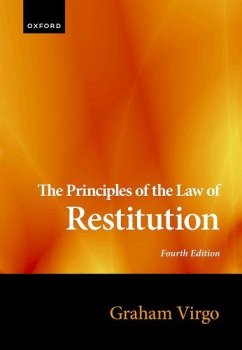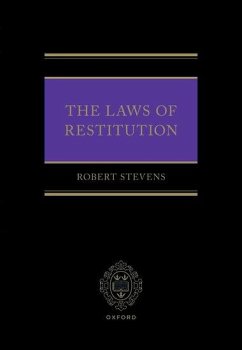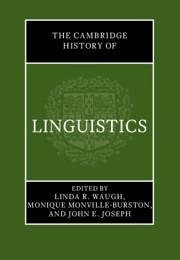
The Cambridge History of Linguistics

PAYBACK Punkte
90 °P sammeln!
Written by a team of leading scholars, this volume provides an authoritative account of the history of linguistics from ancient traditions to the end of the 20th century. Comprehensive in its scope, it is an essential reference for researchers, teachers and students alike in linguistics and related disciplines.





